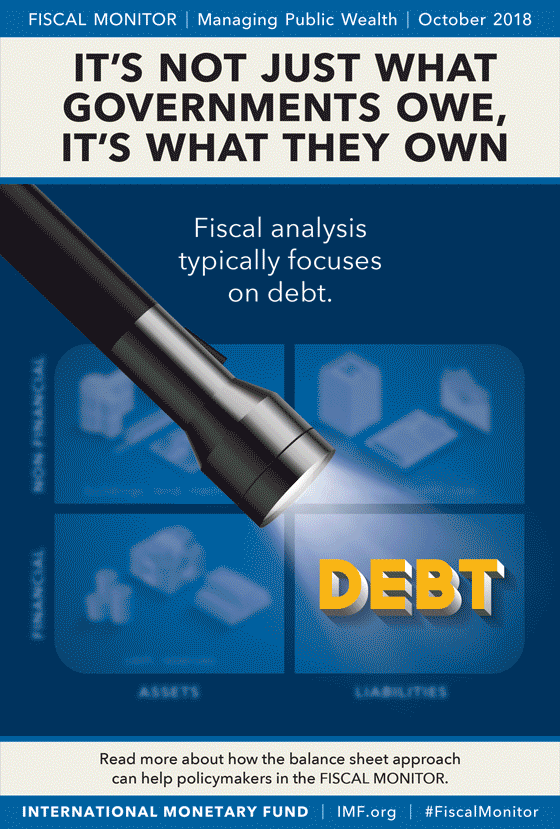Anstatt die chinesische Entwicklungspolitik (vor allem die belt and road initiative) als Schuldenfalle zu diskreditieren (z.B. hier und hier), sollten westliche Geber den Ansatz lieber kopieren,
schlagen Yan Wang und Justin Yifu Lin von der Pekinger Universität im
Project Syndicate vor. Ihre Argumente sind bedenkenswert (Link im Zitat
aus dem Originaltext übernommen):
 Zuerst aber
müsse man im Westen überlegen, ob man weiterhin ausschließlich auf
das Verhältnis von Schulden zum Bruttonationaleinkommen als zentrale
Messlatte für ein volkswirtschaftlich sinnvolles Maß an Verschuldung
setzen wolle.
Zuerst aber
müsse man im Westen überlegen, ob man weiterhin ausschließlich auf
das Verhältnis von Schulden zum Bruttonationaleinkommen als zentrale
Messlatte für ein volkswirtschaftlich sinnvolles Maß an Verschuldung
setzen wolle.
(...) for the last two decades, Western donors and bilateral and multilateral development institutions have paid far too little attention to meeting the demands of structural transformation and industrialization, such as removing infrastructure bottlenecks in the countries receiving development aid. (...) This failure has led to deindustrialization in many countries.
Far from designing aid programs that give developing countries the guidance they need to develop their manufacturing sectors and advance technologically, Western governments and development institutions have treated industrial policies as taboo.
 Zuerst aber
müsse man im Westen überlegen, ob man weiterhin ausschließlich auf
das Verhältnis von Schulden zum Bruttonationaleinkommen als zentrale
Messlatte für ein volkswirtschaftlich sinnvolles Maß an Verschuldung
setzen wolle.
Zuerst aber
müsse man im Westen überlegen, ob man weiterhin ausschließlich auf
das Verhältnis von Schulden zum Bruttonationaleinkommen als zentrale
Messlatte für ein volkswirtschaftlich sinnvolles Maß an Verschuldung
setzen wolle. In fact, the focus on debt-to-GDP ratios is highly misleading, for three reasons. First, these ratios do not distinguish among types of debt (such as domestic versus foreign). Second, they disregard the debt’s purpose – that is, whether it is used for consumption (salaries or pensions) or investment. And, third, they ignore a debt-financed project’s long-term effects on GDP.Für alle, die Entwicklungszusammenarbeit nicht nur als Mittel zur Fortschreibung des status quo durch - notdürftige - Alimentierung der Bevölkerung verstehen, ist dieser Kommentar sicher lesenswert.
Fortunately, the IMF has begun to pay attention to the far more revealing metric of “public-sector net worth” (assets minus liabilities). Consider China again. After years of high infrastructure investment, its government has more assets than liabilities, meaning that its net worth is well above 100% of GDP – the highest among emerging economies.









Keine Kommentare:
Kommentar veröffentlichen